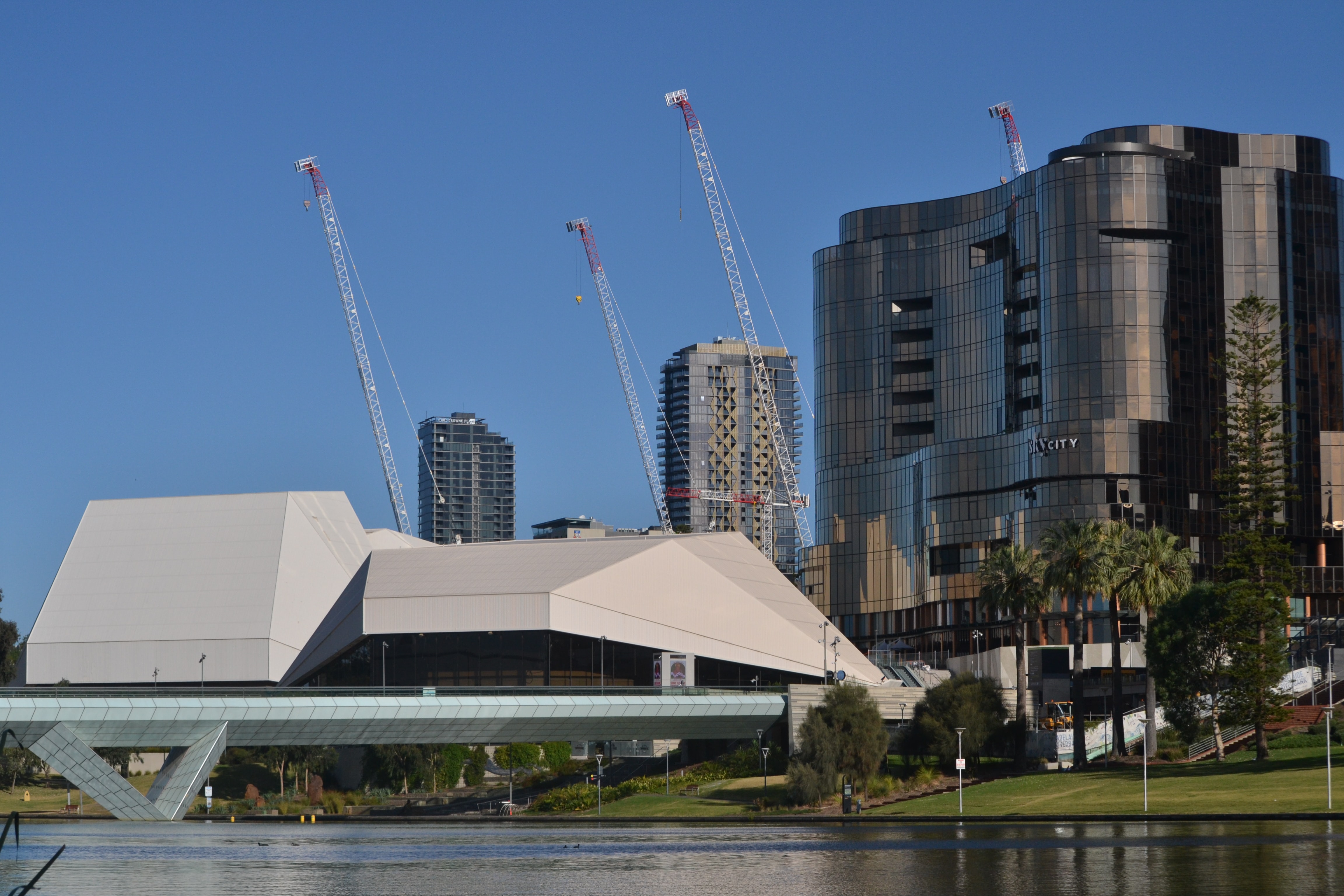Q-CTRL is delivering a globally unique take on quantum sensing, developing a new generation of ultrasensitive “software-defined” quantum sensors for use in measuring gravity, motion and magnetic fields. Q-CTRL enables capabilities that are otherwise impossible by combining advances in system design with new modes of operation unlocked by advanced software, AI automation, and signal processing. The new devices can have real-world impact in defense, PNT (positioning, navigation, and timing), minerals exploration, magnetic anomaly detection, persistent earth observation for climate monitoring, long-term weather forecasting and space exploration.
The Army QTC is part of the more than $60M publicly disclosed quantum sensing contracts awarded to Q-CTRL’s sensing team and its partners over the last 18 months. This includes a project with Advanced Navigation on hybrid classical-quantum inertial navigation, and both Modern Manufacturing Initiative (MMI) and CRC-P contracts developing space-qualified quantum sensors. In addition, Q-CTRL is a partner in the Australian Space Park project with Fleet Space Technologies, ATSpace and Alauda Aeronautics supporting a state-of-the-art space manufacturing hub in Adelaide, South Australia, which is scheduled to open in 2025.
Reflecting a growing demand and opportunity to deliver sovereign capability to Australia and the AUKUS allies, Q-CTRL’s dedicated sensing team has expanded to 15 members in just over a year. The Division is led by Dr. Russell Anderson, who left his academic professorial position to become Q-CTRL’s Head of Quantum Sensing. The team has attracted global experts from Australia, the UK and Europe with specialized experience and world-leading track records in building ultrasensitive atomic devices, using quantum control to augment the performance of quantum sensors, and building detailed quantum digital twins for hardware to simulate end-to-end performance in real environments.
“Q-CTRL’s mission is to make quantum technology useful. From day one we knew that quantum sensing provided a near-term opportunity to translate our specialization in quantum control into value capture and new sovereign capabilities,” said Michael Biercuk, CEO and founder of Q-CTRL.
The Army QTC unites teams of Australia’s world-leading quantum scientists and engineers to compete to show how quantum technologies can deliver Army unprecedented capabilities. In 2021, Q-CTRL was selected for and “won” the competition based on its work accelerating the performance of quantum computers with its specialized infrastructure software.
This year, the Q-CTRL sensing team will demonstrate how similar concepts can be applied to the challenge of detecting sources of electromagnetic radiation (as could be emitted by an enemy communications or command-and-control system) using its own “software-defined” atomic magnetometers. Q-CTRL’s unique approach to this problem delivers the insights required to transform quantum magnetometers from historically lab-based devices to useful fieldable technology.
The Army QTC is part of the more than $60M publicly disclosed quantum sensing contracts awarded to Q-CTRL’s sensing team and its partners over the last 18 months. This includes a project with Advanced Navigation on hybrid classical-quantum inertial navigation, and both Modern Manufacturing Initiative (MMI) and CRC-P contracts developing space-qualified quantum sensors. In addition, Q-CTRL is a partner in the Australian Space Park project with Fleet Space Technologies, ATSpace and Alauda Aeronautics supporting a state-of-the-art space manufacturing hub in Adelaide, South Australia, which is scheduled to open in 2025.
Reflecting a growing demand and opportunity to deliver sovereign capability to Australia and the AUKUS allies, Q-CTRL’s dedicated sensing team has expanded to 15 members in just over a year. The Division is led by Dr. Russell Anderson, who left his academic professorial position to become Q-CTRL’s Head of Quantum Sensing. The team has attracted global experts from Australia, the UK and Europe with specialized experience and world-leading track records in building ultrasensitive atomic devices, using quantum control to augment the performance of quantum sensors, and building detailed quantum digital twins for hardware to simulate end-to-end performance in real environments.
“Q-CTRL’s mission is to make quantum technology useful. From day one we knew that quantum sensing provided a near-term opportunity to translate our specialization in quantum control into value capture and new sovereign capabilities,” said Michael Biercuk, CEO and founder of Q-CTRL.
The Army QTC unites teams of Australia’s world-leading quantum scientists and engineers to compete to show how quantum technologies can deliver Army unprecedented capabilities. In 2021, Q-CTRL was selected for and “won” the competition based on its work accelerating the performance of quantum computers with its specialized infrastructure software.
This year, the Q-CTRL sensing team will demonstrate how similar concepts can be applied to the challenge of detecting sources of electromagnetic radiation (as could be emitted by an enemy communications or command-and-control system) using its own “software-defined” atomic magnetometers. Q-CTRL’s unique approach to this problem delivers the insights required to transform quantum magnetometers from historically lab-based devices to useful fieldable technology.




 IonQ Achieves Industry Leading Performance on Next Generation Barium Qubits
IonQ Achieves Industry Leading Performance on Next Generation Barium Qubits